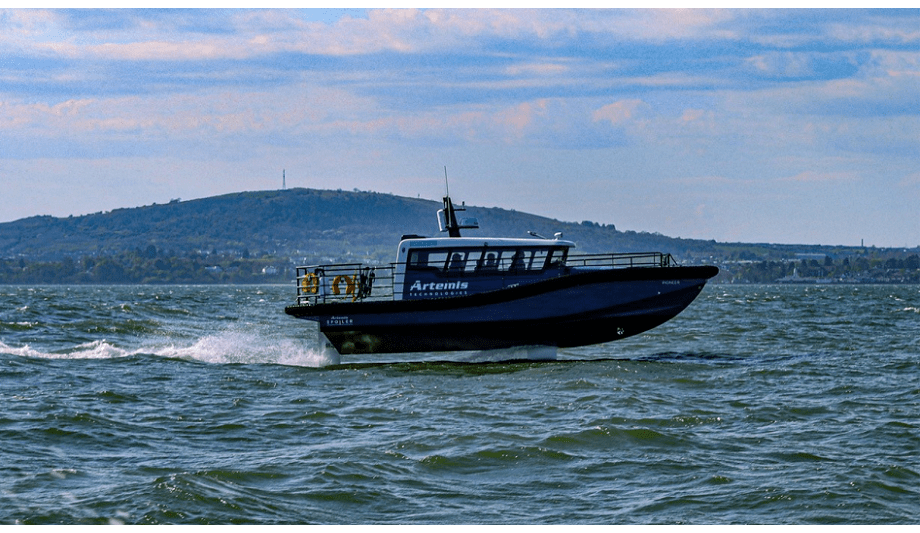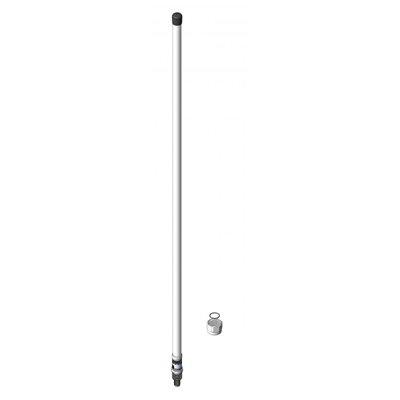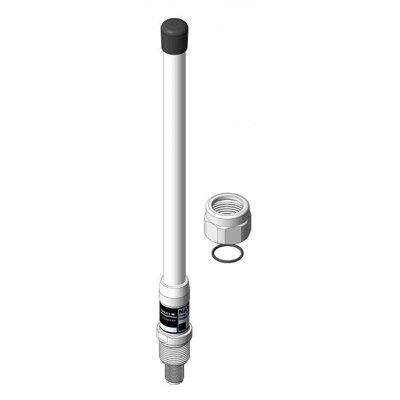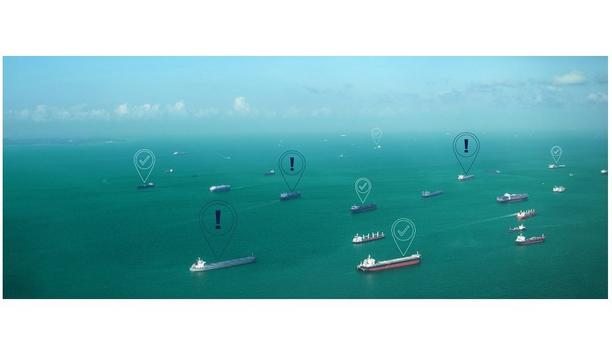Artemis Technologies, the pioneer in green maritime innovation, has just released the first pictures of its 100% electric, high-speed foiling workboat prototype on Belfast Lough.
Artemis eFoiler® system
The vessel was designed and built to include the production specification drivetrain, battery, and flight control components consumers will eventually see in the finished workboat. With big goals set for 2022, this announcement brings Artemis Technologies one step closer to providing high-speed zero-emission maritime transport to the masses.
The 11.5 metre vessel named “Pioneer of Belfast” is powered by the revolutionary Artemis eFoiler® system, which enables the prototype to fly over the water, using significantly less energy than a conventional workboat with high-speed re-charging technology also developed.
Sustainable maritime future
The prototype is undergoing sea trials to verify its technical capabilities to those of the digital twin simulations
Launched from the company’s research and manufacturing facility in Belfast Harbour, the prototype is currently undergoing sea trials to verify its technical capabilities match those from the company’s digital twin simulations, ahead of the launch of Artemis Technologies’ small workboat range next month.
The company which is a spin-off from the Artemis Racing America’s Cup team has attracted significant UK Government and private investment and has partnered with Northern Irish organisations on a mission to help deliver a sustainable maritime future.
Green shipbuilding industry
Iain Percy, double Olympic sailing gold medallist, and chief executive of Artemis Technologies said, “It was a truly joyous moment for our dedicated Belfast workforce when the champagne was broken on her bow and Pioneer first took to the water.
“Over the last five years, we’ve assembled experts from the worlds of motorsport, aerospace, and high-performance yacht racing who have worked closely with local talent to deliver the first of many such vessels that will leverage Belfast’s rich maritime history and place the city at the centre of the green shipbuilding industry.”
Commercial and operational benefits
We are measuring energy efficiency, ride comfort, wake creation, and of course, tracking the amount of fuel used"
Romain Ingouf, Technical Director of Artemis Technologies, continued, “We’ve been recording the performance of the workboat against its gasoline-powered sistership. Our first foiling day was in a North Easterly wind blowing 25kts with a very steep sea state. Although we simulated the two vessels very accurately, the performance and ride comfort was still mind-blowing."
“We are measuring energy efficiency, ride comfort, wake creation, and of course, tracking the amount of fuel used by the sistership at different speeds, across a wide range of weather conditions. Belfast Lough is the perfect testing ground. This like-for-like testing enables us to quantify the various commercial and operational benefits of the Artemis eFoiler® system, as well as the emissions saved by the 100% electric ‘Pioneer of Belfast’.
Largest electric foiling vessel
David Tyler, Commercial Director of Artemis Technologies, commented, “This prototype, a first of its kind in the commercial workboat sector, is the largest electric foiling vessel in the world. Pioneer has already achieved regulatory approval, having been issued with a UK Loadline Exemption based on meeting MCA’s Workboat Code through equivalence and rigorous risk assessment and mitigations.
“We’re now at a crucial time for not only the Artemis Technologies business but for the future of maritime transport. ‘Pioneer of Belfast’ is just the beginning; we have several high-speed zero-emission vessels in development that will transform the commercial workboat and city-to-city passenger ferry sectors over the coming decades.”

















